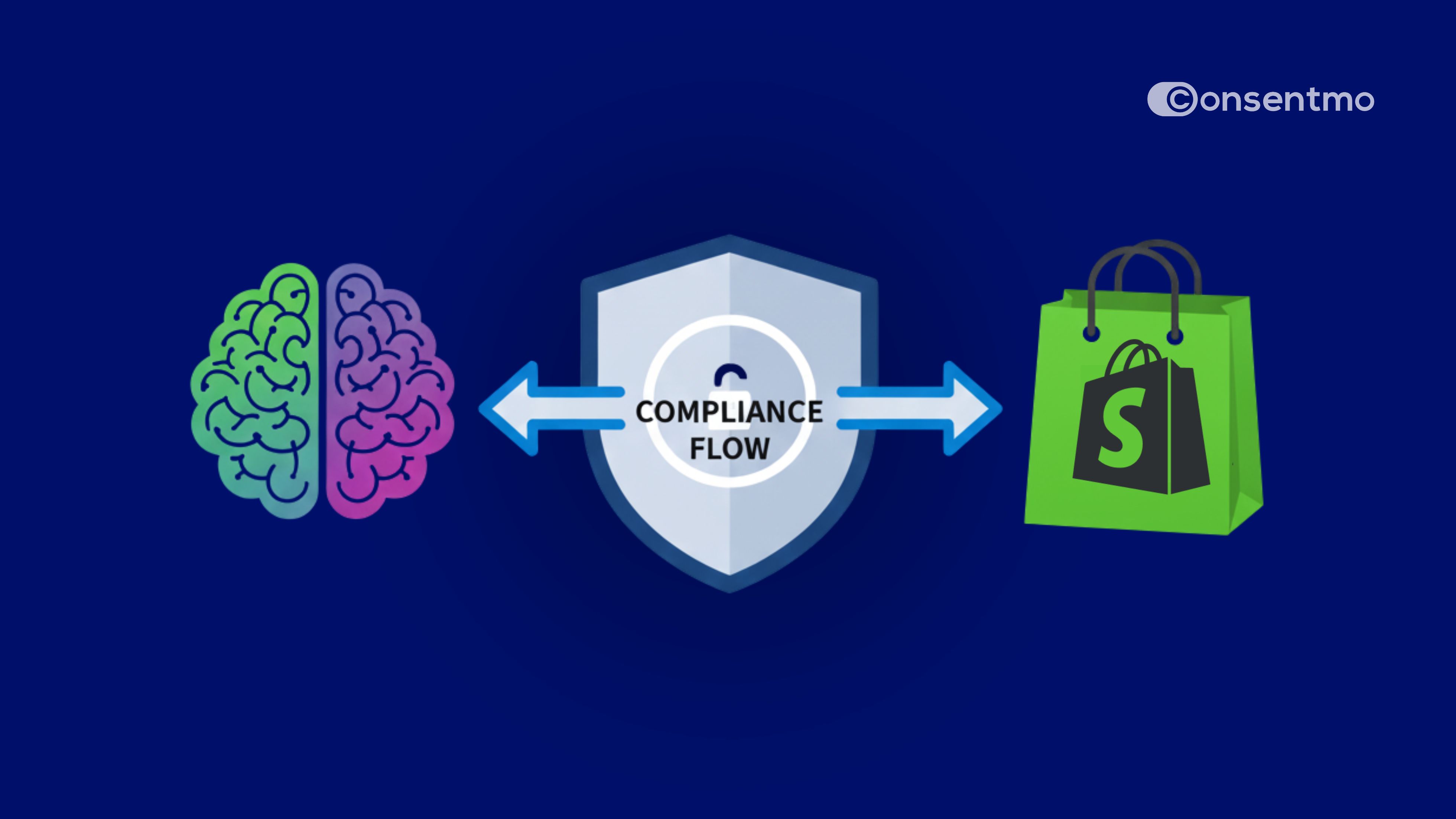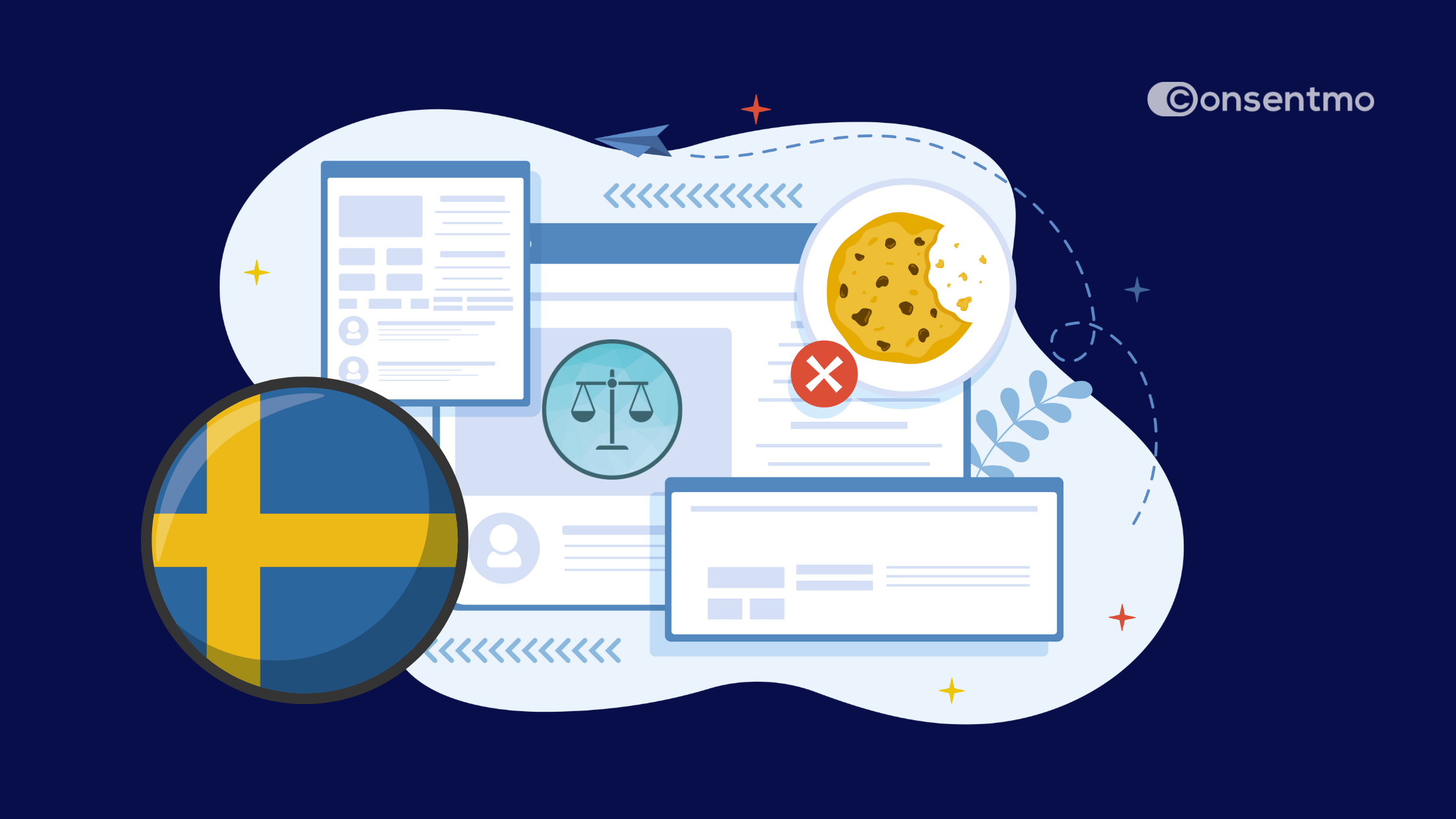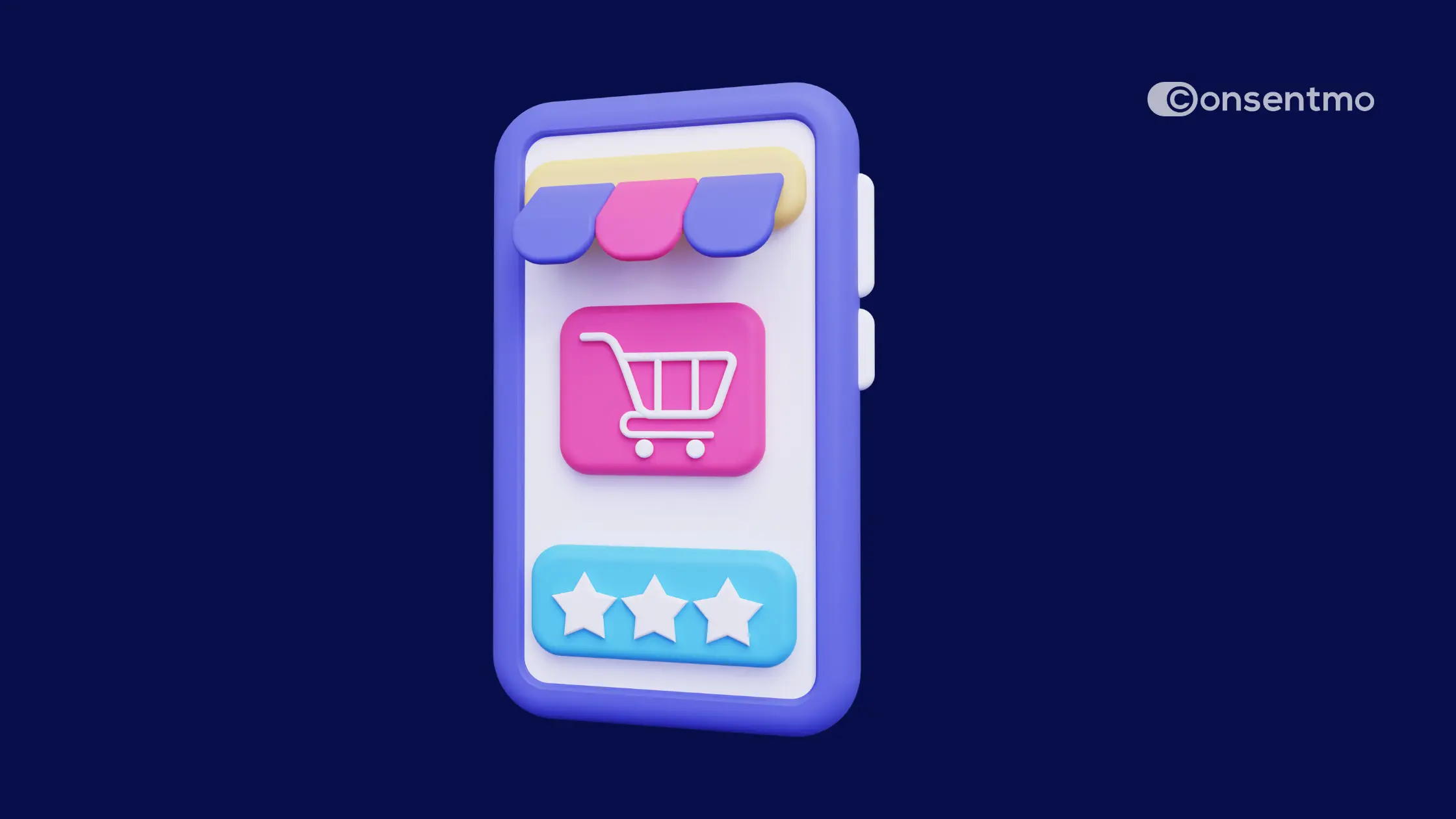GDPR Compliance for Shopify Merchants: A Practical Guide
As a Shopify merchant, you might think that the European privacy law, GDPR, only applies to large enterprises. However, GDPR extends to all businesses, including small online stores, regardless of where they are based. The good news is that achieving GDPR compliance doesn’t have to be costly. By adopting smart strategies and leveraging the right tools, you can make your Shopify store compliant with GDPR requirements.
What is GDPR?
The General Data Protection Regulation (GDPR) is a key legislation designed to protect the personal data of individuals within the European Union. It gives individuals control over their data and requires businesses to handle this data responsibly.
Personal data includes anything that can identify a person, such as names, phone numbers, and IP addresses. Even if your store is not based in the EU, if you process the personal data of EU customers, GDPR applies to you. While small businesses may be exempt from some obligations, they must still adhere to the core requirements of GDPR.
Why Shopify Merchants Should Care About GDPR
GDPR compliance is more than just a legal box to tick - it's an important aspect of running a responsible and customer-focused business. While the prospect of avoiding hefty fines is a strong incentive to comply with GDPR, the advantages of compliance stretch far beyond financial penalties For the merchants, especially those operating small to medium-sized online stores, GDPR presents a unique opportunity to enhance your business in several key areas.
- Building Customer Trust: These days data breaches and privacy concerns are constantly in the headlines, consumers are more aware than ever about how their personal information is being used. GDPR compliance demonstrates to your customers that you are committed to safeguarding their personal data. By transparently communicating your data practices and make sure that customers have control over their own information, you foster a sense of trust and reliability.
When customers know that you prioritize their privacy, they are more likely to develop a strong, positive association with your brand. This trust can translate into long-term customer loyalty, as satisfied customers are not only more likely to make repeat purchases but also to recommend your store to others. In a competitive market, where customer retention is critical, the trust built through GDPR compliance can give you a significant edge.
- Handling Personal Information Responsibly: As an online store, collecting personal data is an unavoidable part of doing business. From names and addresses to payment details, the data you collect is vital for fulfilling orders and providing a personalized shopping experience. However, with this data comes the responsibility to handle it with the utmost care.
GDPR requires you to use personal data only for the purposes for which it was collected. This means you need to have clear, legitimate reasons for processing customer data and must avoid using it for any unauthorized purposes. Additionally, GDPR mandates that you collect only the data that is necessary and store it securely, minimizing the risk of breaches.
By adhering to these principles, you not only comply with the law but also demonstrate respect for your customers' privacy. This responsible approach to data handling can further enhance your reputation as a trustworthy business, attracting customers who value privacy-conscious companies.
- Avoiding Fines and Financial Penalties: One of the most immediate and tangible reasons to comply with GDPR is to avoid the steep fines associated with non-compliance. GDPR enforcement is taken very seriously by regulatory authorities, and the penalties for violations can be severe. For small businesses, these fines can be particularly damaging, potentially threatening the viability of your operation.
The penalties for non-compliance are structured into two tiers, depending on the severity of the breach. Less severe violations can result in fines of up to €10 million or 2% of your global revenue, whichever is higher. More serious breaches, such as those involving the mishandling of sensitive personal data, can lead to fines of up to €20 million or 4% of your global revenue. These amounts can be devastating, especially for smaller merchants operating on tight margins.
By achieving GDPR compliance, you shield your business from financial risks. Additionally, showing your dedication to privacy decreases the chances of complaints and investigations that might result in fines.
- Enhancing Competitive Advantage: In the e-commerce business, standing out from the competition is crucial. GDPR compliance can be a key differentiator for your Shopify store. Customers who value their privacy will be more inclined to choose a business that actively protects their data over one that does not prioritize these concerns.
By positioning your store as GDPR-compliant, you not only meet legal requirements but also align your brand with values that resonate with today's privacy-conscious consumers. This proactive approach can enhance your brand's image, making it more appealing to customers who are becoming more selective about where they shop online.
Furthermore, GDPR compliance can also open doors to new markets. For example, if you plan to expand your business into the European Union, being GDPR-compliant from the start will ease your entry into this market. Compliance demonstrates your readiness to operate under strict regulations, which can build confidence among European customers and partners.
Steps for Shopify Merchants to Comply with GDPR
GDPR compliance might seem daunting, but it’s manageable with the right approach. Here are some primary steps to get started:
- Data Management: Develop a clear system for managing customer data. Only collect data that is necessary for your business operations. Regularly audit the data you collect, keep it up-to-date, and avoid storing it longer than needed.
- Lawful Data Processing: Assure that you have a legal basis for processing personal data. This could be consent from the customer, fulfilling a contract, or complying with a legal obligation. For example, make sure you obtain explicit consent before collecting data through non-essential cookies.
- Transparency: Clearly inform your customers about how you collect, use, and share their data. A detailed privacy policy that is easy to understand is crucial. It should explain what data you collect, how it is used, who has access to it, and how customers can exercise their rights.
- Opt-in Consent: Unlike some other privacy laws, GDPR requires that consent for data collection be explicit. This means customers must actively opt-in, without being influenced by pre-checked boxes or deceptive practices.
- Security Measures: Implement strong security measures to protect the personal data you collect. This includes using encryption, regularly updating security software, and training your team on data protection practices.
- Data Protection Impact Assessments (DPIAs): If your store processes data that could pose a high risk to individuals, such as sensitive personal data, conduct DPIAs to assess and mitigate these risks.
- Data Subject Rights: Be prepared to respond to customer requests regarding their data. This includes requests to access, correct, or delete their personal information. Verify you have processes in place to handle these requests promptly.
- Data Breach Response: Have a plan in place for responding to data breaches. GDPR requires that you report serious breaches to the relevant authorities within 72 hours.
- Industry Networking: Join industry groups or associations where you can share experiences and learn from others who are also navigating GDPR compliance. This can be a valuable source of support and information.
- Ongoing Compliance: Treat GDPR compliance as an ongoing responsibility. Stay informed about changes in the law, subscribe to privacy updates, and seek expert advice when needed. If your store handles large-scale sensitive data, consider appointing a Data Protection Officer (DPO).
Use Consentmo for Simplified GDPR Compliance
To make GDPR compliance even more manageable for your store, consider using Consentmo. Our app offers powerful tools to help you manage cookie consent, create clear privacy policies, and make sure your data processing activities align with GDPR requirements. By integrating Consentmo into your Shopify store, you can take the guesswork out of compliance and focus on growing your business with confidence.
Conclusion
GDPR compliance is not just a legal obligation, it’s an opportunity to build a stronger, more trustworthy relationship with your customers. By taking these steps, you can guarantee your store is on the right track while also enhancing your brand’s reputation. Keep in mind that GDPR is an ongoing process, so stay proactive and informed to maintain compliance.

.jpg)



.webp)


.png)








.png)








.jpg)















%2520.webp)
















.webp)


.webp)



.webp)
.webp)





.webp)































%20-%20Copy-p-500.webp)

.webp)



%20-%20Copy.png)
.svg)